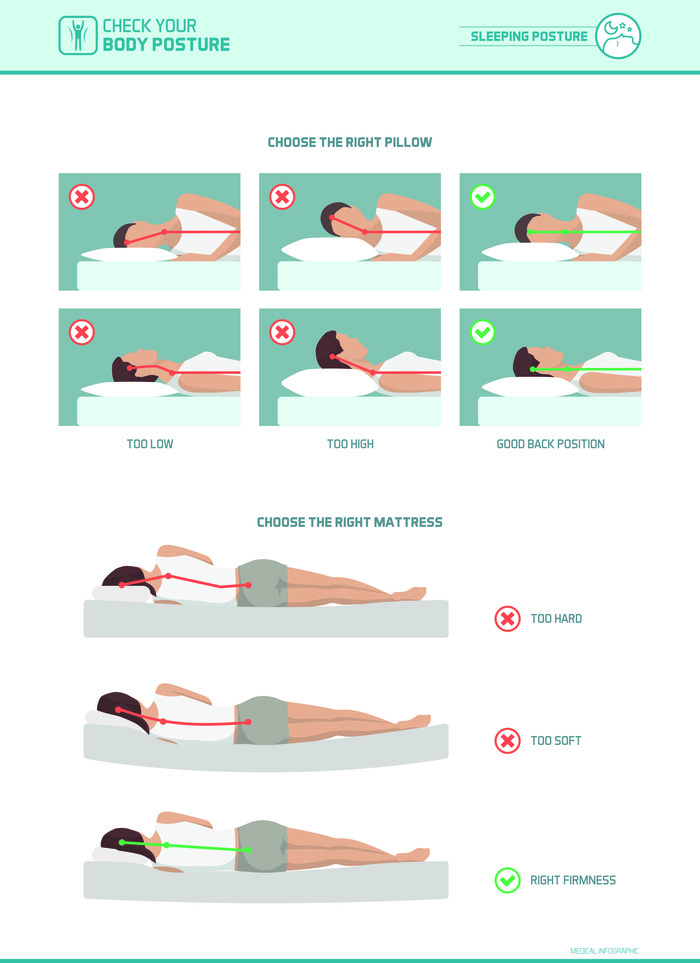Finding the perfect pillow can be a game-changer for your sleep quality. A good night’s rest is essential for both physical and mental well-being, and your pillow plays a crucial role in achieving that restful slumber. If you’re ever wondering “Are my pillows any good?” it’s time to take a closer look at the factors that contribute to a truly comfortable and supportive sleep experience. This article will guide you through the essential considerations when evaluating your pillows and help you find the perfect match for your needs.
This article will delve into the key aspects of pillow selection, including support and comfort levels, sleeping position considerations, various pillow materials, and practical tips for finding the ideal pillow to enhance your sleep quality. By understanding these factors, you can make an informed decision and invest in a pillow that truly supports your well-being.
Pillow Support and Comfort
Support is paramount when it comes to pillows. A good pillow should properly align your head and neck with your spine, preventing strain and discomfort during the night. Consider the firmness of your pillow – too soft, and your head will sink in, leading to neck pain; too firm, and you might experience pressure points. The ideal level of support varies from person to person, so experiment with different firmness levels to find what feels most comfortable for you.
Comfort is equally important. Your pillow should feel soft and inviting against your skin, allowing you to relax and drift off easily. Think about the texture and feel that appeals to you – some people prefer a smooth, silky surface, while others enjoy a more textured or plush feel.
Sleeping Position Considerations
Your sleeping position significantly influences the type of pillow you need. Side sleepers require a thicker pillow to fill the gap between their head and shoulder, ensuring proper spinal alignment. Back sleepers generally benefit from a medium-thickness pillow that supports the natural curve of their neck. Stomach sleepers often prefer a thinner pillow or even no pillow at all to avoid putting strain on their neck.
Adjusting Pillow Height
If you find yourself waking up with neck pain or discomfort, consider adjusting your pillow height. For side sleepers, adding an extra pillow under your top arm can further enhance support and comfort. Back sleepers may benefit from a slightly higher pillow for added neck support. Stomach sleepers should aim for the lowest possible pillow height to avoid excessive strain on their neck.
Pillow Materials
Pillows come in a wide range of materials, each with its own unique properties.
Down and Feather Pillows
Down and feather pillows are known for their luxurious softness and warmth. They offer excellent cushioning and conform to your head and neck shape. However, they can be more expensive and may not be suitable for people with allergies or sensitivities to feathers.
Memory Foam Pillows
Memory foam pillows are designed to mold to the contours of your head and neck, providing personalized support. They are known for their pressure-relieving properties and ability to reduce motion transfer, making them a good choice for couples who share a bed. However, some people find memory foam pillows to be too hot or stuffy.
Latex Pillows
Latex pillows are naturally hypoallergenic and resistant to dust mites. They offer excellent support and bounce back quickly after compression. Latex pillows are also durable and long-lasting.
Synthetic Fill Pillows
Synthetic fill pillows are often made from polyester fibers and are a more affordable alternative to down or memory foam. They are lightweight, easy to care for, and come in various firmness levels.
Finding the Right Pillow for You
Choosing the right pillow is a personal journey. Consider your sleeping position, preferred level of support and comfort, and any allergies or sensitivities you may have. Don’t hesitate to try out different pillows at a store before making a purchase. Pay attention to how they feel against your skin and whether they provide adequate support for your head and neck.
Reading online reviews from other customers can also be helpful in narrowing down your choices. Look for pillows that are well-rated for comfort, durability, and overall sleep quality. Remember, investing in a good pillow is an investment in your well-being.
Sleep Quality Improvement
A good pillow can significantly improve your sleep quality by promoting proper spinal alignment, reducing neck pain, and creating a more comfortable sleeping environment. When you wake up feeling refreshed and energized, it’s a clear indication that your pillow is doing its job effectively.
By addressing the factors discussed in this article, you can find the perfect pillow to enhance your sleep experience and enjoy the numerous benefits of restful nights.
Conclusion
Finding the right pillow can be a transformative experience for your sleep quality. By considering factors like support, comfort, sleeping position, and material preferences, you can make an informed decision and invest in a pillow that truly supports your well-being. Remember, a good night’s sleep is essential for both physical and mental health, so prioritize finding the perfect pillow match for yourself.



